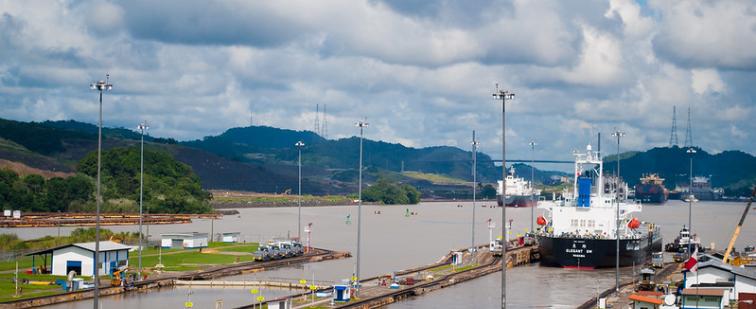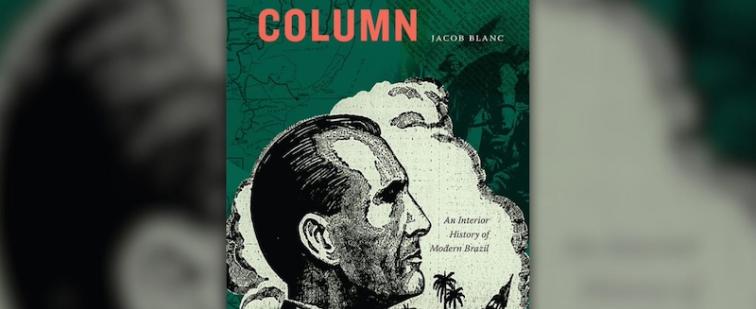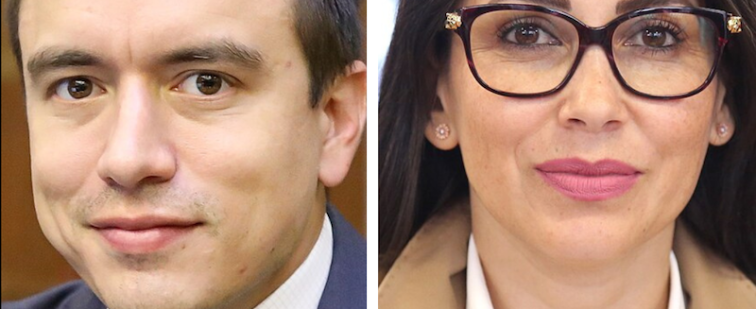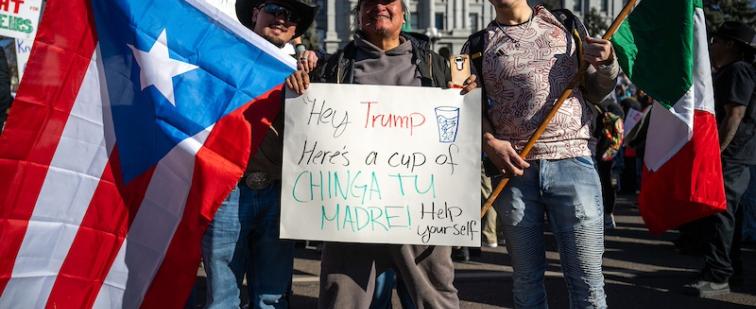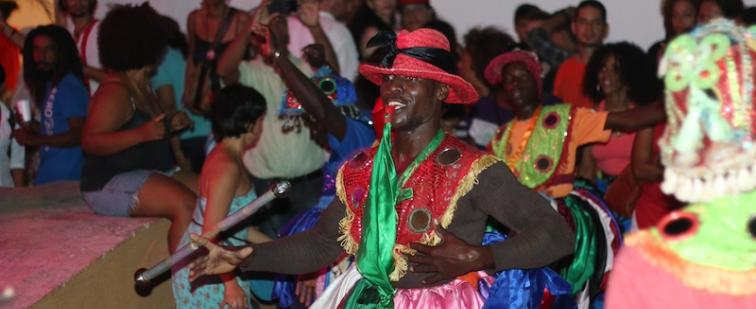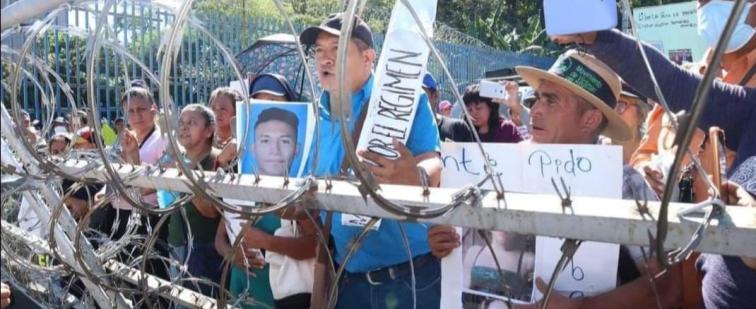Home
Border Wars
January 25, 2012
The report Guns, Drugs, and Money articulates an alternative to current U.S. policy toward the Mexican border. It points out that terrorism against civilians has no connection to this border. The flawed drug war has huge presence there, but the U.S. government’s main “homeland security” effort still is directed against labor and family migrants who pose no security threat at all.
January 24, 2012
Adhering to the results of three independent polls of Mexico City’s registered voters, Mexico’s center-left electoral coalition, known in this election cycle as the Progressive Movement Coalition, or, informally, the coalition of “the lefts,” agreed last Thursday to nominate Miguel Ángel Mancera to be its candidate to govern Mexico City.
Cuadernos Colombianos
January 23, 2012
Colombia has recently become very attractive to multinational corporations, particularly in the mining and oil sectors. Over the last three years foreign direct investment in these Colombian sectors has more than doubled. With this rise in investments land conflicts are only expected to increase, violating ever more human, cultural, labor and environmental rights.
Rebel Currents
January 20, 2012
Less than three months ago, indigenous protesters forced Bolivian president Evo Morales to sign a law cancelling the government’s proposed highway through the Isiboro-Sécure Indigenous Territory and National Park (TIPNIS). Now, with a pro-highway counter-march and a legislative strategy to amend or bypass the law, the controversial road project may be on the verge of resurrection.
January 19, 2012
Protestors in Cajamarca, Peru, are anxiously awaiting a ruling by the Peruvian constitutional court. The court is expected to decide this week if the Cajamarca regional council overstepped its constitutional authority when it unanimously approved a law on December 28 banning the construction of the new multibillion-dollar Minas Conga gold and copper mine.
The Other Side of Paradise
January 19, 2012
Two thousand and twelve holds both uncertainty and cautious optimism for the Caribbean. The recent election of new governments in Jamaica and St. Lucia, the controversial re-election of an incumbent in Guyana, and the selection of Michel Martelly out of a flawed election in Haiti has sent mixed signals about the overall direction of the region.
Border Wars
January 17, 2012
Maintaining inequality and injustice requires work, and the policing of the associated boundaries between the privileged and the disadvantaged. Increasingly, young people are involved in the project of exclusion—in the borderlands of the United States and Mexico, and Israel-Palestine.
January 17, 2012
On Monday morning, crowds gathered in the community of El Mozote to commemorate the 20th anniversary of the signing of the Peace Accords that ended El Salvador´s 12-year-long civil war. At the solemn event, El Salvador’s first leftist president, Mauricio Funes, apologized for the state role in the 1981 El Mozote massacre and announced reparations for the victims and their families.
January 17, 2012
With an eye on Mexico’s presidency, Andrés Manuel López Obrador is reaching out to civil society—not seeking a common stance on all social issues, much less any form of explicit alliance, but to pull prominent social activists into the arena of electoral politics. The electoral arena, he argues, is where real social change can take place.
Cuadernos Colombianos
January 15, 2012
The new leader of the Revolutionary Armed Forces of Colombia (FARC) Timoleón Jiménez has reiterated the call for the urgent resumption of peace talks. However, to get there, the United States must change its position toward favoring a peaceful solution. This is the white elephant whose role has been omnipresent yet underappreciated by analysts of war and peace in Colombia.

